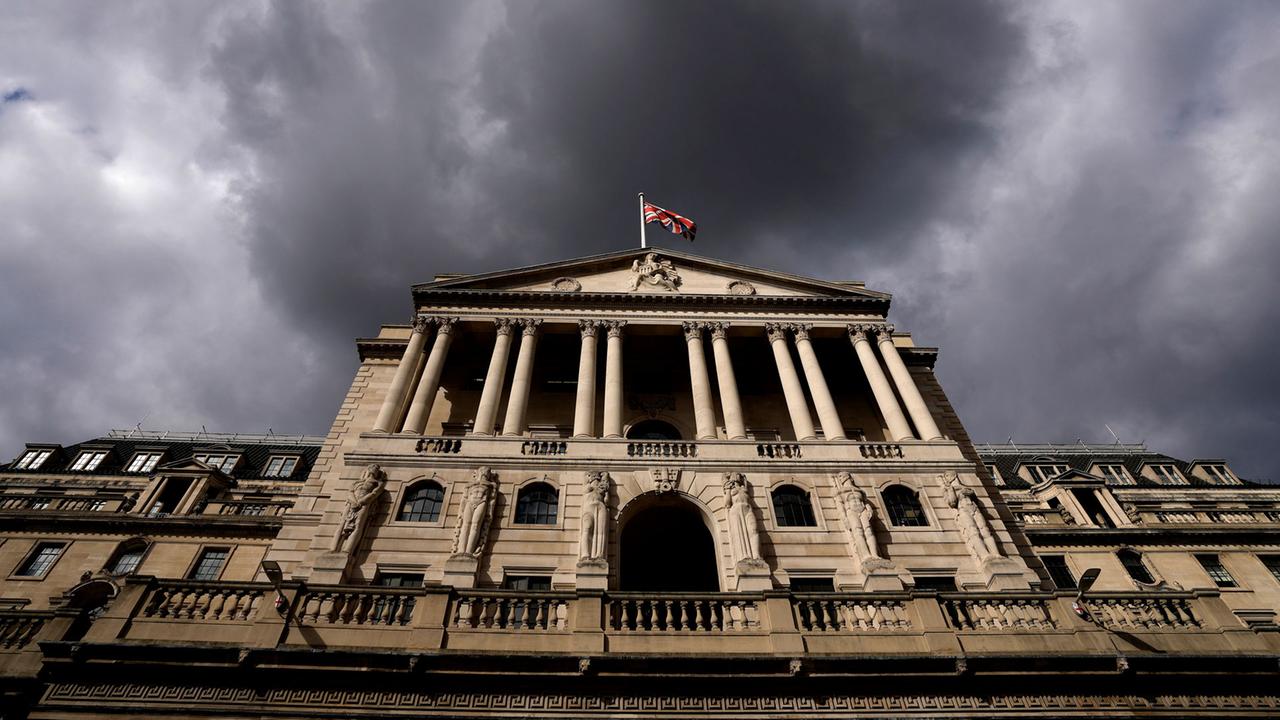The British central bank is continuing its fight against high inflation with a significant interest rate hike. The key interest rate in Great Britain rose significantly by 0.5 percentage points to a total of 5 percent.
The Bank of England is driving interest rates to higher and higher levels in the fight against inflation. It rose by half a point to 5.0 percent, as the central bank announced after its meeting in London. Analysts had expected tightening, but mostly expected a smaller step of 0.25 points. It is the thirteenth rate hike since the end of 2021.
In Great Britain, monetary authorities are currently struggling with surprisingly persistently high inflation. As in April, consumer prices rose by 8.7 percent in May – this is the highest value among western industrialized nations.
core inflation rate rises
The increase also came as a surprise to experts, as bank economists had previously expected the inflation rate to fall to 8.4 percent. Contrary to the forecasts for the euro zone, experts are not assuming that inflation in Great Britain has already peaked.
Fed Chairman Bailey recently warned that bringing inflation under control is likely to take much longer than expected. The so-called core inflation rate – which excludes fluctuating energy, food and tobacco prices – even rose in May: it climbed to 7.1 percent after falling to 6.8 percent in April.
“Although the price pressure on the preliminary stages is already easing and the money supply development has lost momentum, as in the euro zone, the turnaround on the inflation front is still a long time coming,” judged Ulrich Wortberg from Helaba, looking at the data published yesterday inflation data.
Interest rates are likely to rise further
Accordingly, experts were expecting interest rates to rise significantly as soon as the inflation data was published: “After the surprising increase in the core inflation rate from 8.4 percent in April to 8.6 percent in May, a major interest rate hike was in the air. The Bank of England is behind the Curve has fallen and is now running after inflation with strong increases in key interest rates,” said Dirk Chlench from LBBW. He assumes that the “end of the road” is not yet in sight and that the central bank is likely to raise interest rates further in the coming months.
However, interest rate hikes are always a tightrope walk for central banks: if interest rates rise too quickly, the central bank risks completely stalling the already weakening British economy.




